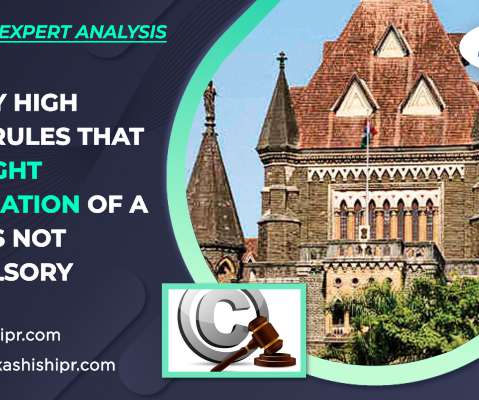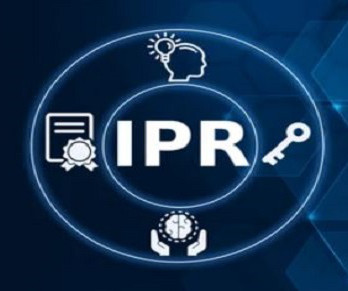Bombay High Court Rules that Copyright Registration of a Label is not Compulsory
Kashishipr
SEPTEMBER 20, 2021
Under Section 2(c) of The Copyright Act of 1957 , the label is an original artistic work. As per NTC’s statement, both SSPL and SK Oil Industries couldn’t claim copyright in the artistic work. It further added that an individual could either own a registered trademark or copyright but not both.












Let's personalize your content